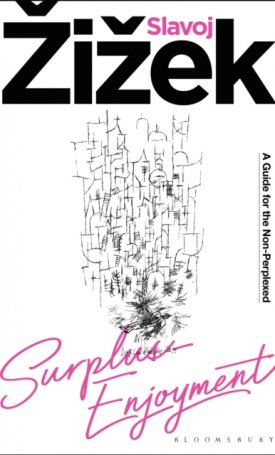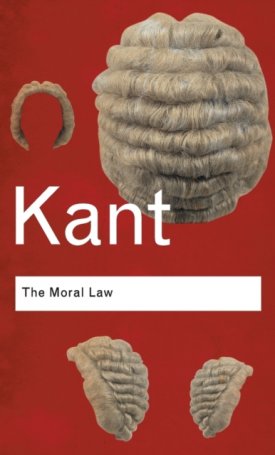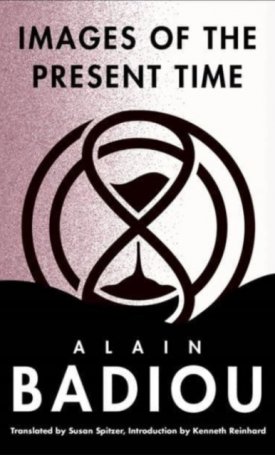Development of Ethics, The - Volume 1 - From Socrates to the Reformation
-10%
8 375 Ft
7 538 Ft
Preorder(You have to login)
Discounted prices are valid only for orders placed through our webshop.
Development of Ethics, The - Volume 1 - From Socrates to the Reformation
The present volume begins with Socrates, the Cyrenaics and Cynics, and Plato, and then offers a fuller account of Aristotle, stressing the systematic naturalism of his position. The Stoic position is compared with the Aristotelian at some length; Epicureans and Sceptics are discussed more briefly. Chapters on early Christianity and on Augustine introduce a fuller examination of Aquinas` revision, elaboration, and defence of Aristotelian naturalism. The volume closes with an account of some criticisms of the Aristotelian outlook by Scotus, Ockham, Machiavelli, and some sixteenth-century Reformers.
The emphasis of the book is not purely descriptive, narrative, or exegetical, but also philosophical. Irwin discusses the comparative merits of different views, the difficulties that they raise, and how some of the difficulties might be resolved. The book tries to present the leading moral philosophers of the past as participants in a rational discussion that is still being carried on, and tries to help the reader to participate in this discussion.














